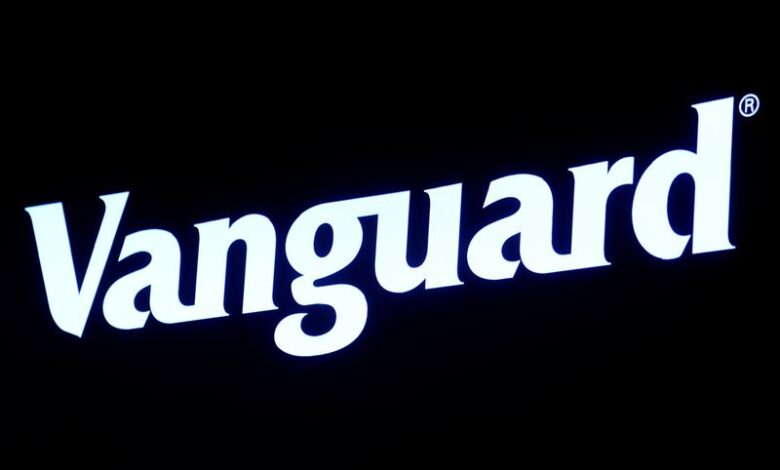Vanguard favors inflation protection amid rising price pressure risks

By Davide Barbuscia
NEW YORK (Reuters) -A Vanguard executive said on Monday increasing inflation protection in investment portfolios was worthwhile in light of recent U.S. data and the global risks of a rebound in price pressures.
For international investors, the strategy was also worth considering because Middle East tensions could lift transportation costs and oil prices, Roger Hallam, global head of rates at the world’s second-largest asset manager, said in a webinar.
“We do think it’s attractive to increase the level of inflation protection within portfolios at present,” he said. Treasury Inflation-Protected Securities at the front end of the curve are particularly attractive, he added.
Signs of stubborn inflation have pushed U.S. bond yields higher this year, as investors shifted expectations for the scope of Federal Reserve interest rate cuts in 2024. Yields move inversely to prices.
Vanguard’s base scenario is for a “deferred landing” for the U.S. economy – continued economic growth and higher inflation than the Federal Reserve wants, but not high enough for the central bank to hike interest rates again.
Such a scenario would be positive for investors in corporate bonds and U.S. Treasuries because of high interest income and potential price gains if the Fed does lower rates.
But it is also entails “tail risks” such as a rebound in inflation or weakening in economic growth, Chris Alwine, global head of credit at Vanguard said in the webinar.
“We’re still constructive on credit, but very mindful as this theme of soft landing or extended cycle eventually runs its course and then we move into either re-acceleration or a shallow recession,” he said.
Vanguard expects inflation and economic growth to continue to drive Treasury yields over the next few months but concerns over the U.S. government deficit and debt burden could gain prominence ahead of the U.S. presidential election in November.
“If either of the presidential candidates was to campaign on a platform of fiscal expansion, we do think that will be very market relevant,” said Hallam, adding that it could drive bond yields higher.



